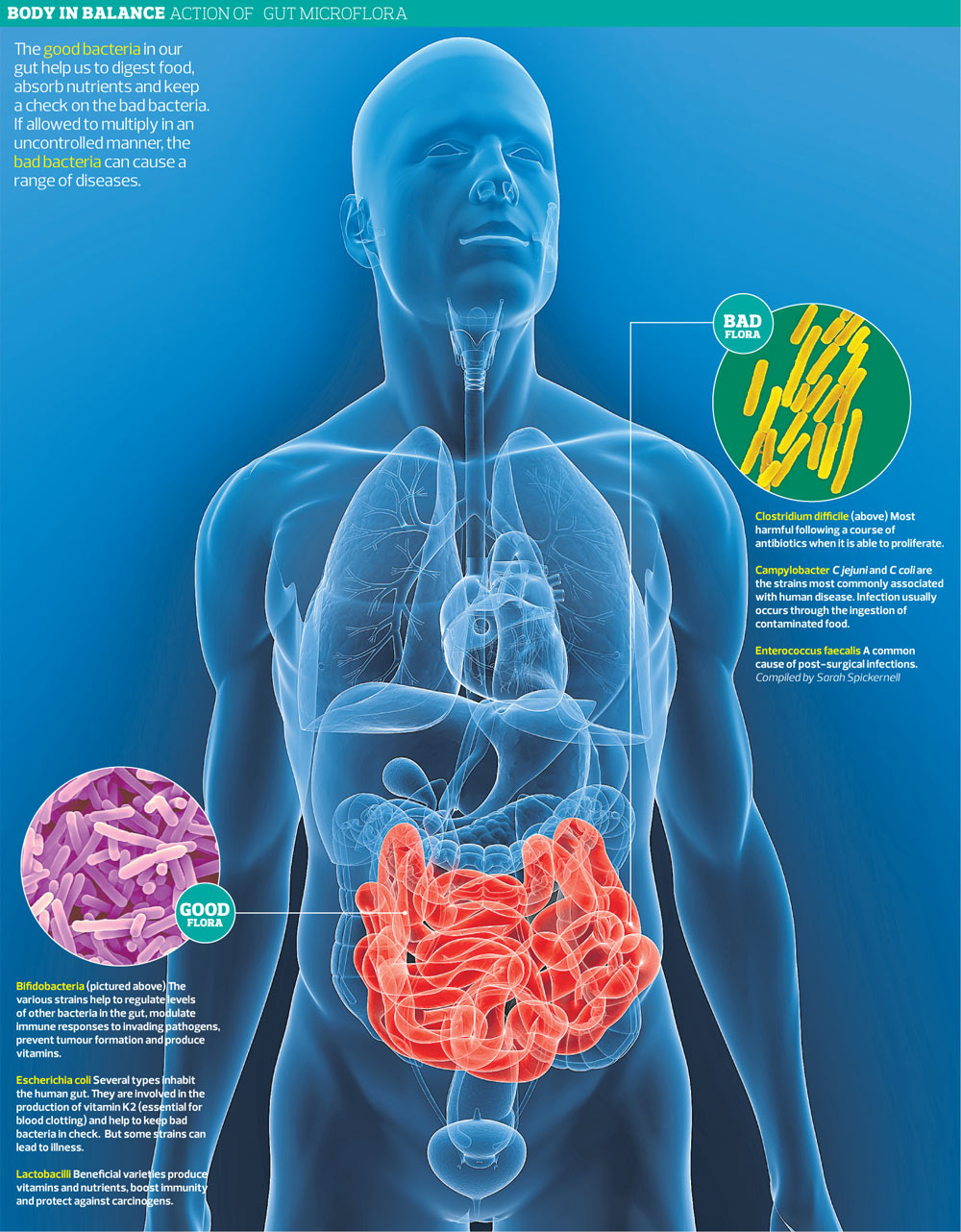There is hardly a person in the world who does not know that Bulgaria is the homeland of the yogurt. For Bulgarians, consuming yogurt has been known to be beneficial for many centuries, but the unique qualities of the Bulgarian yogurt garnered a worldwide attention in the end of 19th and the beginning of the 20th The well-known Russian scientist Ilya Metchnikoff - one of the founders of modern immunology - linked the longevity of the Bulgarian people to the consumption of yoghurt. Metchnikoff, at that time a professor at the Pasteur Institute in Paris, produced the notion that the aging process results from the activity of putrefactive (proteolytic) microbes producing toxic substances in the bowels. Proteolytic bacteria such as clostridia, which are part of the normal gut flora, produce toxic substances including phenols, indols and ammonia from the digestion of proteins. According to Metchnikoff these compounds were responsible for what he called "intestinal auto-intoxication", which caused the physical changes associated with old age. It was at that time known that milk fermented with lactic-acid bacteria inhibits the growth of proteolytic bacteria because of the low pH produced by the fermentation of lactose. Metchnikoff had also observed that certain rural populations in Europe, for example in Bulgaria and the Russian Steppes who lived largely on milk fermented by lactic-acid bacteria were exceptionally long lived. Based on these facts, Metchnikoff proposed that consumption of fermented milk would "seed" the intestine with harmless lactic-acid bacteria and decrease the intestinal pH and that this would suppress the growth of proteolytic bacteria.
http://bacillusbulgaricus.com/lactob...bulgaricus.htm





 Reply With Quote
Reply With Quote


 )
)
Bookmarks